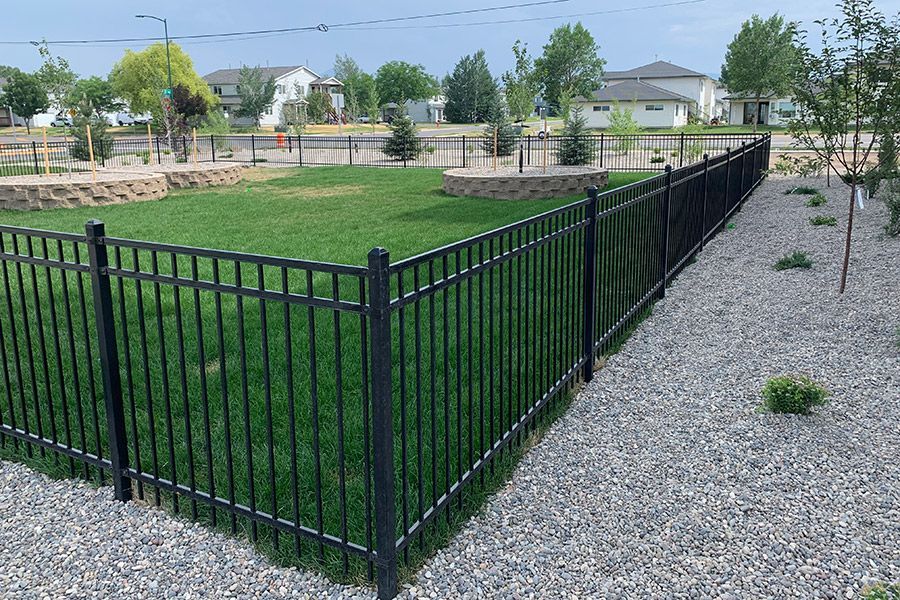Ensure your farm fence in top condition with these effective tips for maintenance, cleaning, and repairs.
The Importance of Regular Maintenance Is Crucial
Your farm fence is a critical investment that protects your livestock, property, and investments. Regular maintenance not only extends its lifespan but also helps you avoid costly repairs or replacements. A well-maintained fence guarantees safety for your farm.
Inspection Checklist for Early-Stage Damage Detection
Performing regular inspections is the first step to maintaining your farm fence. Use this list of tasks to spot issues early:
- Check for Loose or Broken Posts: Make sure all posts are firmly anchored and upright.
- Inspect Wires and Boards: Look for sagging wires, loose boards, or missing components.
- Gate Functionality: Test gates to ensure they open and close smoothly.
- Look for Signs of Rust or Rot: Pay attention to metal parts exposed to moisture, which can develop rust or rot.
- Examine Fence Lines: Clear any overgrown vegetation or debris that could cause damage to the fence.
Regularly walking along your fence line will help you detect minor issues before they become serious problems.
Best Practices for Cleaning All Types of Fence Materials
Keeping your fence clean is an important part of maintenance. Tailor your cleaning approach to the material type:
- Wood Fences: Use a mild detergent and a soft brush to remove grime. Avoid using high-pressure washers, as they can damage the wood.
- Metal Fences: Wipe down with a damp cloth and soapy water. For tougher stains, use a rust remover and follow with a protective coating.
- Vinyl Fences: Rinse with a garden hose and clean with a non-abrasive cleaner to remove dirt.
Regular cleaning not only enhances your fence's appearance but also helps prevent damage caused by environmental factors.
Repair Tips for Common Fence Problems
Even with consistent maintenance, fences may need repairs from time to time. Here are several tips to address common issues:
- Loose Posts: Reinforce by packing soil or gravel around the base, or consider installing concrete footings for added stability.
- Sagging Wires: Tighten the wires using a fence stretcher or replace damaged sections to maintain proper tension.
- Cracked Boards: Replace any broken boards as soon as possible to prevent additional damage or animals escaping.
- Rusty Hinges or Latches: Apply lubricant to moving parts and replace any damaged hardware that no longer functions properly.
Taking care of repairs quickly will help keep your fence operational.
Preventing Rust, Rot, and Weather Damage
Exposure to the elements can slowly degrade your fence. Use these preventative measures to guard your fence against common types of damage:
- For Wood Fences: Apply weatherproof sealants or stains to protect against moisture and UV damage.
- For Metal Fences: Coat with anti-rust paint or powder coating to prevent corrosion.
- For All Materials: Position fencing away from areas prone to standing water, and ensure proper drainage to prevent pooling.
Regular maintenance and preventive treatments will help enhance your fence’s lifespan, even in challenging weather conditions.
Seasonal Care for Strong Fences
Adjusting your maintenance routine according to the seasons helps your fence withstand changing weather conditions:
- Spring: Inspect for any winter damage, clean thoroughly, and repair any damage.
- Summer: Check for sun damage, dry rot, and clear any overgrown vegetation that could impact the fence.
- Fall: Reinforce against strong winds and clear fallen leaves to prevent moisture buildup.
- Winter: Protect from freeze damage, and monitor for any freezing issues.
By staying proactive, you can ensure your fence remains resilient throughout the year.
